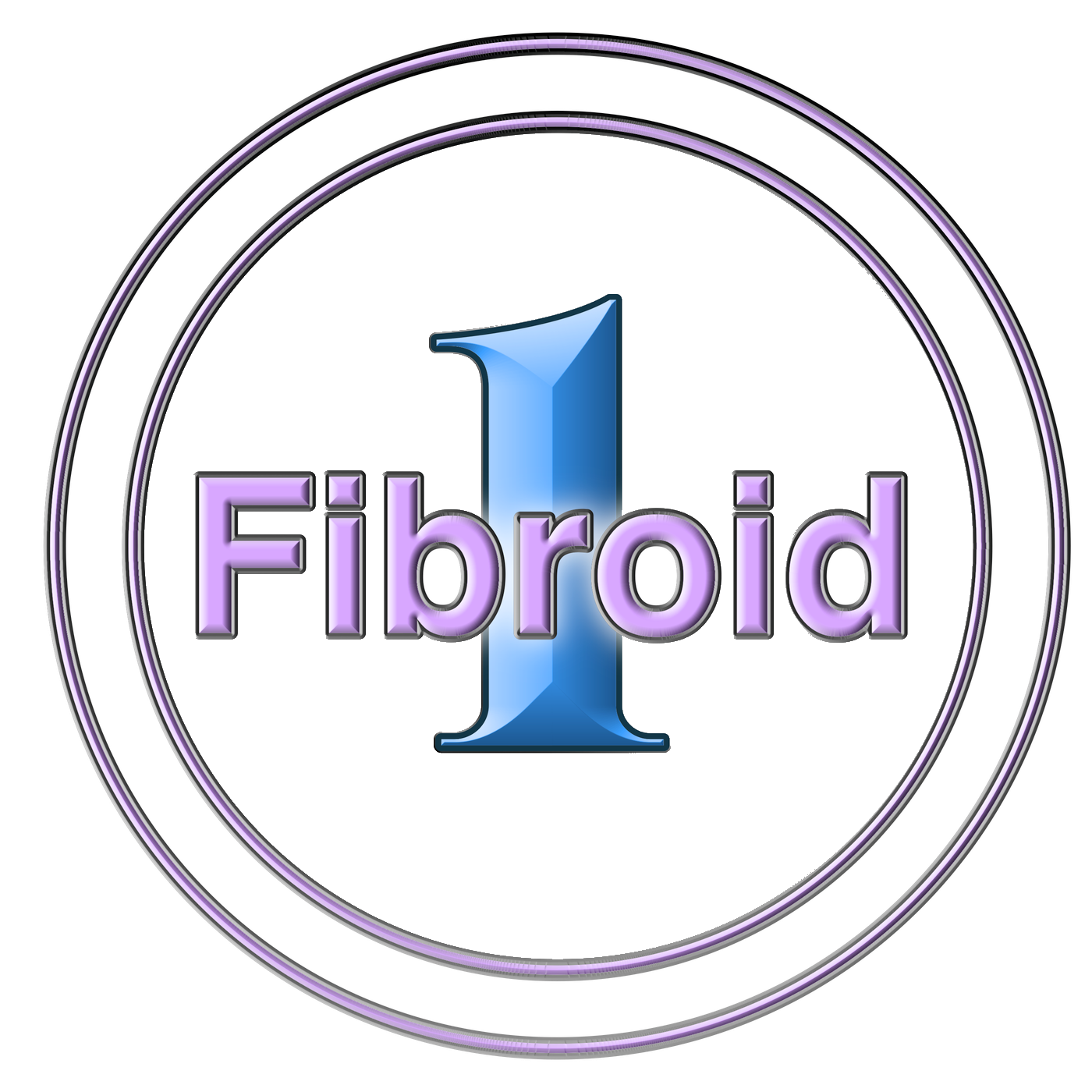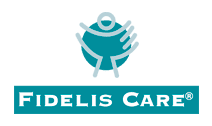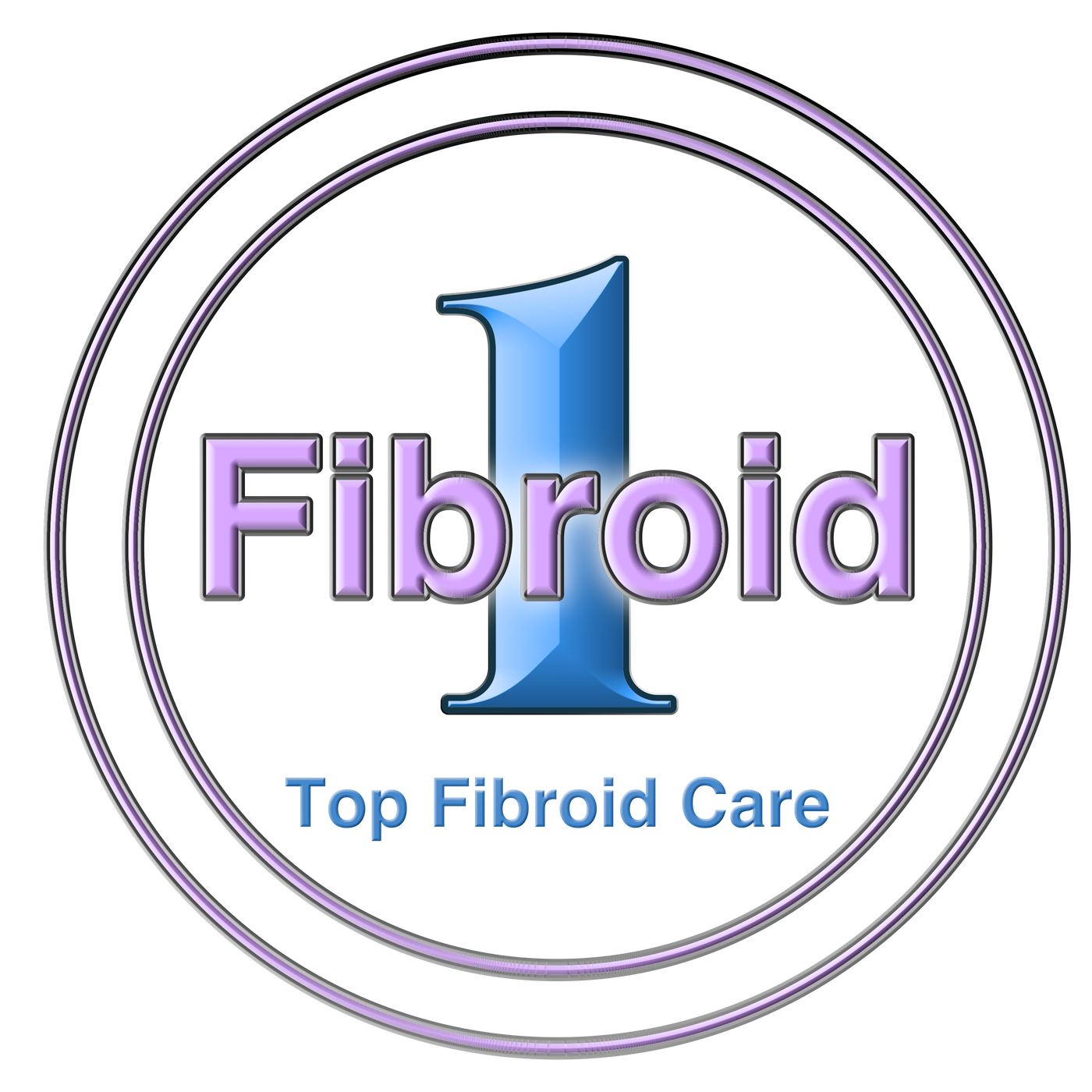We get many questions about Uterine Fibroid Embolization (UFE) and how it may affect menopause and other natural hormone changes. 1Fibroid in New York provides modern solutions for uterine fibroids such as UFE to offer pain relief and comfort. Read more to find out if UFE is right for you.
What Are Common Signs And Symptoms of Menopause?
Menopause is a natural biological process that marks the end of your menstrual cycle. It is usually diagnosed after you have gone 12 months without a menstrual period. This can happen in your 40s or 50s, but the average age is 51 in the United States. Common signs and symptoms of menopause include:
- Irregular periods
- Vaginal dryness
- Chills
- Night sweats
- Sleep problems
- Mood changes
- Weight gain and slowed metabolism
- Thinning hair and dry skin
- Loss of breast fullness
Why Is UFE A Better Treatment Option For Patients Diagnosed With Uterine Fibroids?
If you are suffering from uterine fibroid symptoms you will be relieved to know there are surgical and non-surgical treatment options available for you. Traditionally, a hysterectomy, or the surgical removal of the uterus, was used to treat these symptoms. However, this technique can result in some severe and permanent damages like menopause and infertility.
Thankfully, a great alternative to surgery is a procedure known as Uterine Fibroid Embolism (UFE). This is a minimally invasive, non-surgical, outpatient procedure that treats uterine fibroids and can alleviate your fibroid symptoms. There are no hospitalizations, stitches, or scarring involved. UFE is performed by an interventional radiologist who inserts a pin-size hole catheter into your wrist or thigh. The radiologist then guides the catheter to the fibroid’s blood supply where tiny particles, about the size of grains of sand, are released to float downstream and block the small blood vessels. This deprives the fibroid of nutrients causing them to soften and ultimately shrink. UFE was first performed in 1997 and has an extensive clinical history. Hundreds of thousands of women worldwide have been treated with this procedure.
Things You Should Know About A Hysterectomy
A hysterectomy is the only treatment that can completely and permanently eliminate fibroids. However, it is important to note that recovery takes anywhere from 6-8 weeks. The following is also what you can expect from this procedure:
- A surgery of one to two hours
- Internal scarring and visible eternal scaring
- General anesthesia
- Surgical risks like excessive bleeding, infection, an adverse reaction to general anesthesia, and blood clots
- A hospital stay of between two to three days
- Severe pain that requires management with prescription pain relievers
- A lengthy recovery of six to eight weeks. During recovery, you will not be able to drive or lift heavy objects. You may also need assistance with everyday tasks and responsibilities.
Why UFE is a Great Alternative
As mentioned, Uterine fibroid embolization is a minimally-invasive alternative to hysterectomy or myomectomy. During the procedure, the blood supply to the fibroid tumors is blocked, making them shrink. This procedure requires minimal or no hospital stay and a shorter recovery and can be a great alternative to major surgery.
With UFE, you can expect:
- An outpatient fibroid treatment that takes about an hour
- Local anesthesia and a light sedative
- Less pain than a hysterectomy
- A shorter recovery period of usually one week
- Less risk than surgery
- A natural and age-appropriate onset of menopause
Does UFE Cause Early Menopause?
Although the possibility is there, Uterine Fibroid Embolization is unlikely to bring on early menopause. There is a minimal risk of non-target embolization of the blood supply to the ovaries that can result in a blockage. If this happens, the blockage can lead to abnormal functioning of the ovaries. This effect can be temporary or permanent. The following factors can influence the likelihood:
- Your age: Women older than 40 usually have an increased risk of developing early menopause. We suggest that the sooner you have your symptomatic uterine fibroids treated, the less likely this will occur.
- Who does the procedure: Individual radiologists and the rate of injection during embolization can affect the development of early menopause. At 1Fibroid, Dr. Yosef Golowa is an experienced Interventional Radiologist (IR) who is certified by the American Board of Radiology.
Ultimately, compared to surgical treatments UFE is not likely to result in early menopause. If you are concerned, you can reduce your risks by seeking expert fibroid care from one of our UFE specialists at 1Fibroid.
Is UFE An Option For Me?
If you are experiencing any of the following symptoms you may be the right candidate for this treatment:
- Excessive Menstrual Bleeding
- Pelvic Pain and Pressure
- Urinary Incontinence or Frequent Urination
These symptoms can sometimes be combined with:
- Anemia
- pain in the back of the legs
- pain during sexual intercourse
- constipation
- enlarged abdomen
If you have any of these symptoms contact 1Fibroid to determine if UFE is right for you. Our dedicated staff is standing by to answer your questions and address any concerns. Our experienced providers will with you to find the best treatment option that can address your health concerns and fit your lifestyle.












